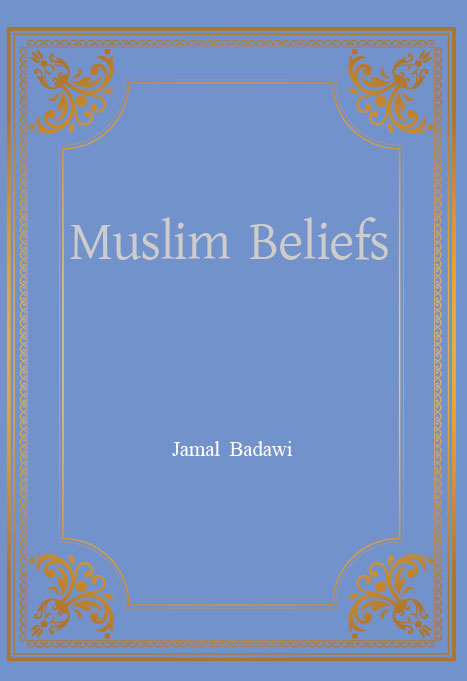Muslim Beliefs
1 4.14 Muslim Beliefs- Books of Allah
2 4.13 Muslim Beliefs- Al Qadar
3 4.12 Muslim Beliefs- Intercession
4 4.11 Muslim Beliefs- Accountability, Paradise, & Hellfire
5 4.10 Muslim Beliefs- Signs of the Hour
6 4.9 Muslim Beliefs- Resurrection
7 4.8 Muslim Beliefs- After Death
8 4.7 Muslim Beliefs- Death Continued
9 4.6 Muslim Beliefs- Death
10 4.5 Muslim Beliefs- The Soul
11 4.4 Muslim Beliefs- Dreams, Omens, Envy & Charms
12 4.3 Muslim Beliefs- Divination, Astrology, & Magic
13 4.2 Muslim Beliefs- Jinn
14 4.1 Muslim Beliefs- Angels
إقرأ البيانات بالعربية


